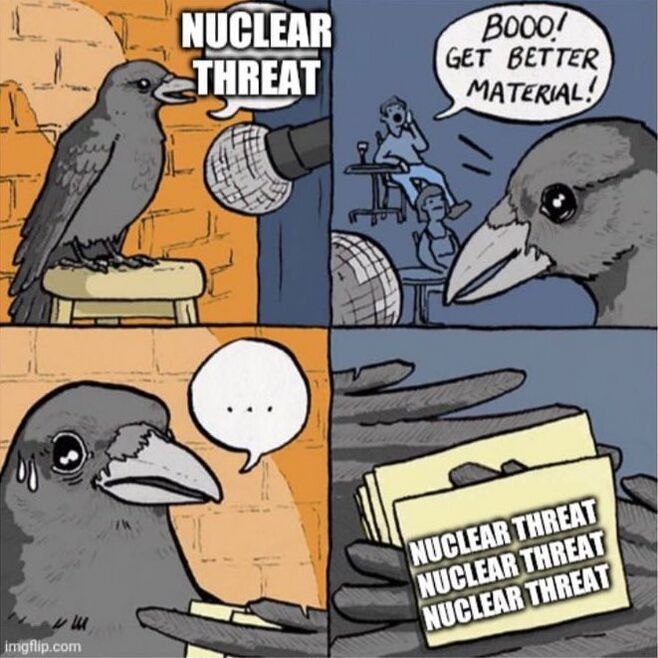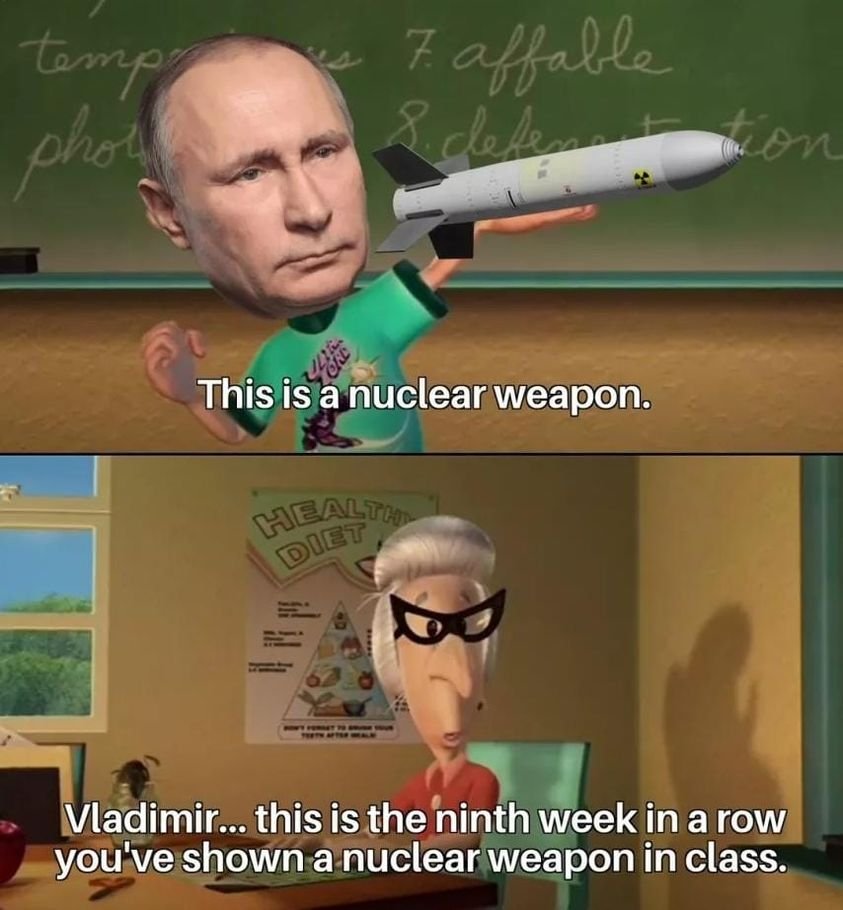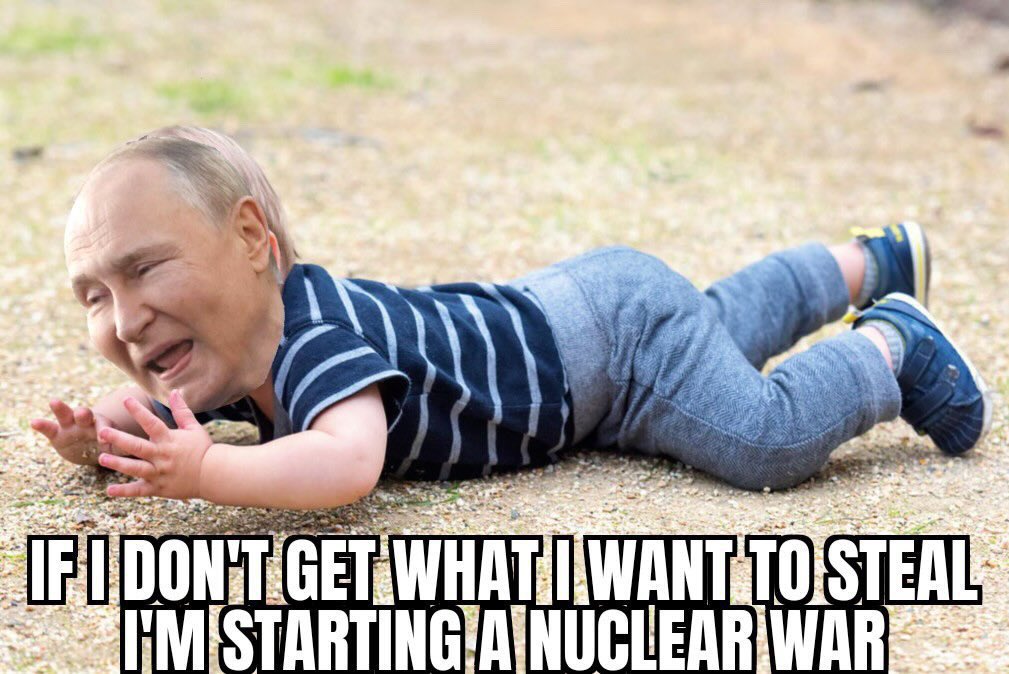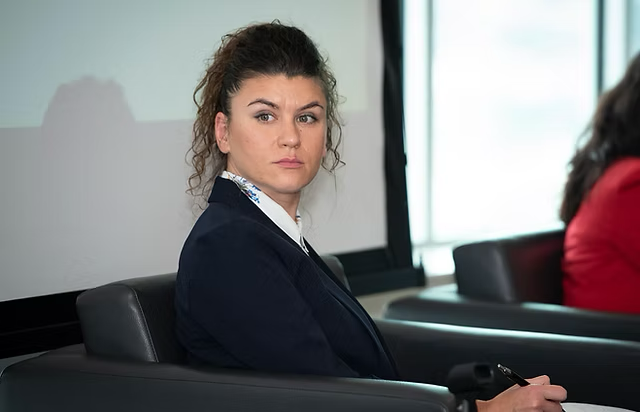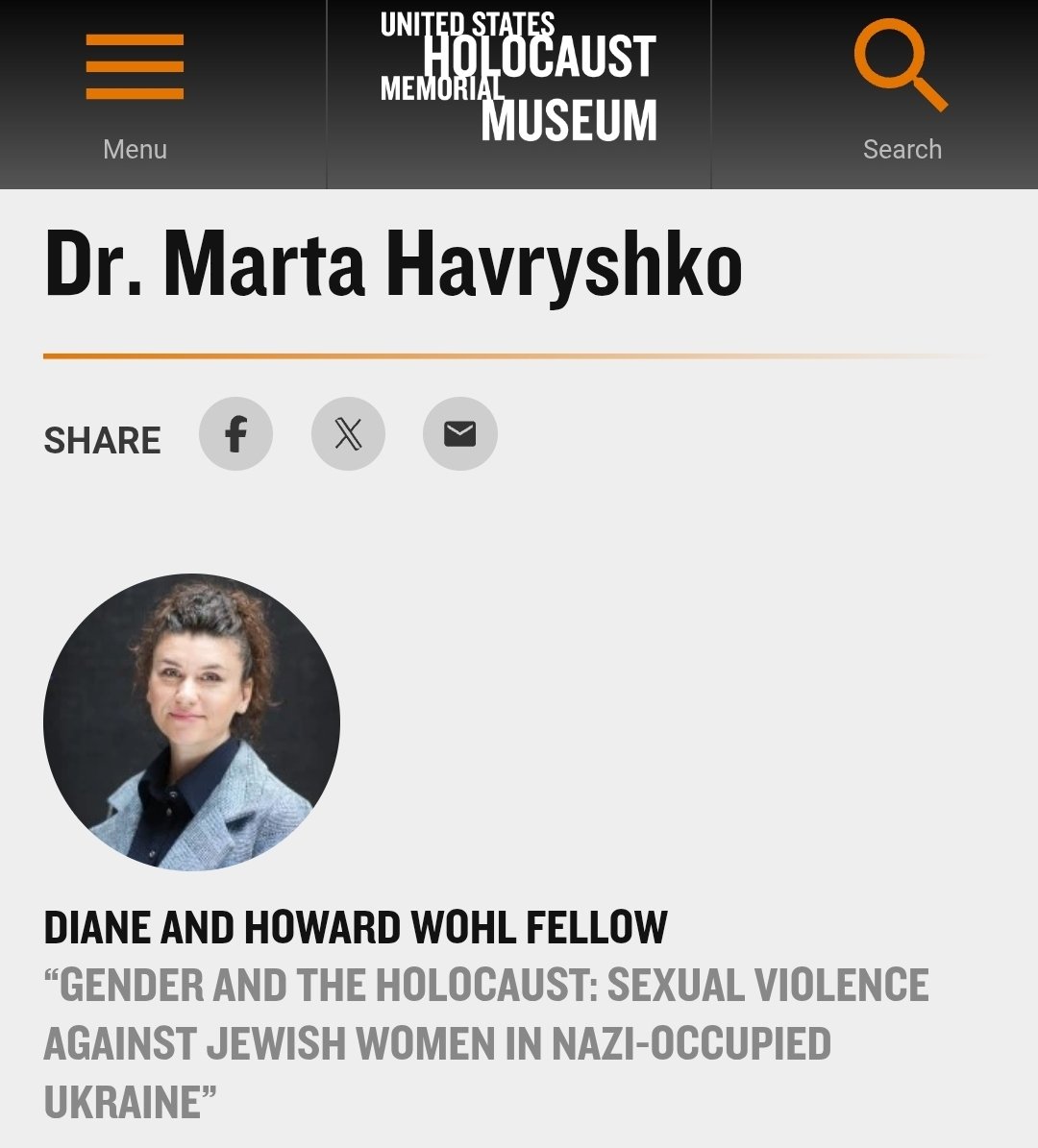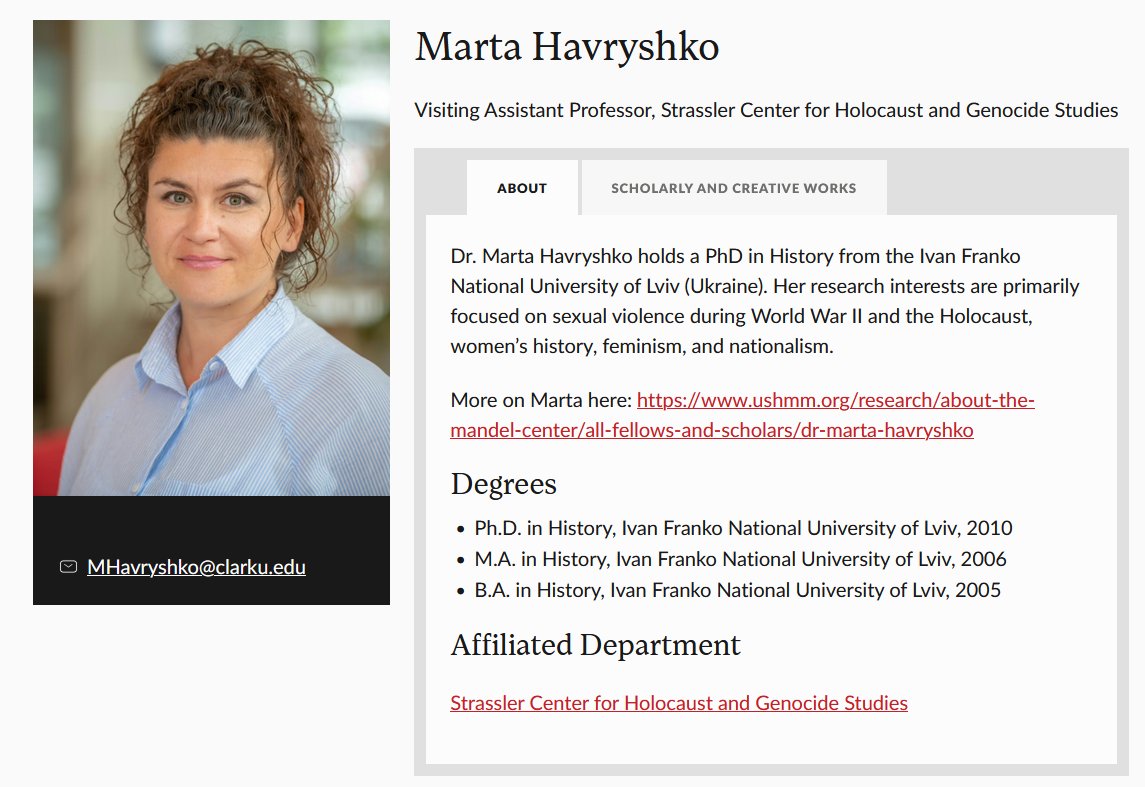In today's #vatniksoup and another edition of "You pronounced this nonsense, not me", I'll talk about an event called the Revolution of Dignity AKA Maidan Revolution. It was a wave of demonstrations in Ukraine that took place in 2013 and 2014.
1/24
1/24

Many pro-Russian voices, including Russell Brand (@rustyrockets), have said that what happened at Maidan was actually a far-right wing organized coup d'etat - let's see if this argument holds.
First, let's talk about what led to the civil unrest. In Feb, 2013, Verkhovna...
2/24

First, let's talk about what led to the civil unrest. In Feb, 2013, Verkhovna...
2/24


...Rada, Ukraine's parliament, had overwhelmingly approved (315 of 349 MP's voted "Yes") the implementation of Ukraine's aspirations for European integration and the signing of the EU-Ukraine Association Agreement. EU then said that this agreement wouldn't be ratified,...
3/24
3/24

...unless Ukraine addressed some stark human rights violations, including the imprisonment of opposition figures Yulia Tymoshenko and Yuriy Lutsenko.
As a countermeasure, Russia imposed some heavy sanctions on Ukraine in Aug, 2013: they stopped all incoming goods from ...
4/24

As a countermeasure, Russia imposed some heavy sanctions on Ukraine in Aug, 2013: they stopped all incoming goods from ...
4/24


...Ukraine, which caused Ukraine's export to drop by 1,4 billion USD. This also caused a dramatic drop in Ukraine's industrial production.
On Nov 21, 2013, after extensive propaganda campaigns by the Kremlin, the Ukrainian Government suspended preparations for the EU...
5/24
On Nov 21, 2013, after extensive propaganda campaigns by the Kremlin, the Ukrainian Government suspended preparations for the EU...
5/24

...agreement and rejected to draft laws that would've released Tymoshenko and Lutsenko, which erupted protests in Kyiv.
Finally, Yanukovych was supposed to sign the agreement at the EU Summit in Vilnius at the end of Nov, 2013, but he didn't, and the protests grew bigger.
6/24
Finally, Yanukovych was supposed to sign the agreement at the EU Summit in Vilnius at the end of Nov, 2013, but he didn't, and the protests grew bigger.
6/24

To pour gasoline on the fire, Russians countered the anti-EU stance In Dec, 2013, by offering a 15 billion USD loan (the EU had offered only 838 million USD) and cheaper gas prices if Ukraine wouldn't sign the Association Agreement.
The Euromaidan protest, that would...
7/24
The Euromaidan protest, that would...
7/24

..eventually become the Revolution of Dignity,began on 21 Nov, 2013 as a peaceful demonstration of 1500 people, summoned by a Afghan-Ukrainian journalist Mustafa Nayyem (@mefimus).
Only a week later Yanukovych ordered the state riot police,Berkut,to violently disperse the..
8/24
Only a week later Yanukovych ordered the state riot police,Berkut,to violently disperse the..
8/24

...protest. But a few days later the rioters came back, which resulted in more violence and ultimately to a new anti-protest laws that would make future protests much more difficult.
But this law only agitated the people, and the protests weren't happening only in Kyiv ...
9/24

But this law only agitated the people, and the protests weren't happening only in Kyiv ...
9/24


...- large anti-Yanukovych and pro-EU protests were also seen in other cities around Ukraine,including Lviv, Kharkiv, Ternopil, Sumy, Donetsk, Zaporizhia, Mykolaiv, Odesa, Mariupol and Luhansk.
Later Yanukovych hired provocateur thugs called Titushky to agitate crowds ...
10/24
Later Yanukovych hired provocateur thugs called Titushky to agitate crowds ...
10/24

...and start fights. Titushky would attend peaceful demonstrations and then would at some point start fights and instigate violence in these crowds. Later during the protests, they started firing, along with Berkut, into protesting crowds with live ammo, beat protesters...
11/24


11/24



...with bats and iron pipes and even shot dead a Ukrainian journalist, Vyacheslav Veremiy. For this "work",they received good money - around 100USD per day.
By January the protests had become bigger and more violent, as more and more people defied the draconian...
12/24

By January the protests had become bigger and more violent, as more and more people defied the draconian...
12/24


anti-protest laws. Feb 18-20, 2014, was the most violent period of the Maidan protests. In just span of few days, almost 100 people were killed as thousands of protesters attempted to storm the Parliament, only to be met with bullets from Berkut snipers.
13/24

13/24

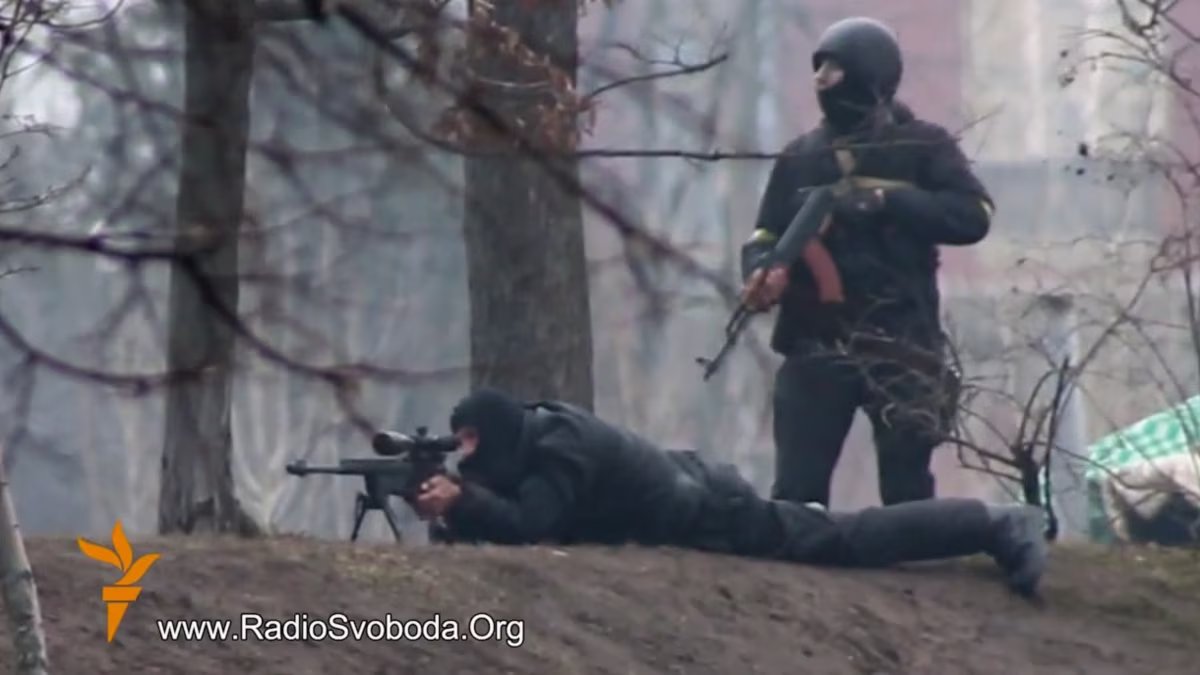
Finally on 21 Feb, 2014, Yanukovych and opposition leaders signed an agreement to form an interim government, reduce president's power and impose early elections. The next day, Yanukovych fled to Crimea and two days after that he finally fled to Russia.
14/24

14/24


On 27 Feb, after realizing that they could no longer control the revolution, Russians started the annexation of Crimea.
So, were there neo-Nazis at Euromaidan? Yes. Svoboda, Right Sector, Misanthropic Division, Congress of Ukrainian Nationalists and UNA-UNSO are all ...
15/24



So, were there neo-Nazis at Euromaidan? Yes. Svoboda, Right Sector, Misanthropic Division, Congress of Ukrainian Nationalists and UNA-UNSO are all ...
15/24




...such groups, and they were also involved in the violent acts during the protests. If there's an uprising where a nation tries to separate itself from a dictator and from external influence, or where people fight a perceived threat, why wouldn't the nationalist be there?
16/24



16/24




But in the grand scheme of things, nationalists were just a small fraction (not more than 15% at different stages of the Revolution) of the protesting population.Often these type of extreme groups are active in violent protesting, as they have hard time getting recognition..17/24 



...in politics and feel disenfranchised: for example, in the 2019 elections, they received 2,2% of the total vote.
Were they funded by the US to organize a coup d'etat like Igor Lopatonok's (@lopatonok) and Oliver Stone's "Ukraine on Fire" silly documentary suggests? No.
18/24
Were they funded by the US to organize a coup d'etat like Igor Lopatonok's (@lopatonok) and Oliver Stone's "Ukraine on Fire" silly documentary suggests? No.
18/24

Some organization from the US have influenced Ukrainian politics since the Orange Revolution of 2004, but there is no evidence of them funding any kind of coup in Ukraine. Organizations like National Endowment for Democracy and US Agency for International Development...
19/24

19/24


...offer support and help in matters like democratic assistance, democracy promotion and civil society support.
Yet, we don't have to be naive here: their ultimate goal is to affect the country's foreign policy, but in my opinion it is better to do it through this...
20/24
Yet, we don't have to be naive here: their ultimate goal is to affect the country's foreign policy, but in my opinion it is better to do it through this...
20/24
...type of peaceful organization than by, as the Russians do, by force and extortion. Propagandists like Branko Marcetic (@BMarchetich) have grasped at straws, trying to connect prominent US figures like John McCain who supported the protests and briefly met with Svoboda...
21/24
21/24

...leader Oleh Tyahnybok, and Victoria Nuland, who "handed out sandwiches to them", to the protests. If meeting rather unimportant actors and giving them sandwiches is the criteria for supporting a coup d'etat, then the bar is set pretty damn low.
22/24
22/24

Another "evidence" of US meddling is an intercepted call at the midst of Euromaidan between then-Assistant Secretary of State,Victoria Nuland and the US Ambassador to Ukraine, Geoffrey Pyatt,where she tells him who she thinks should run Ukraine and also claims "Fuck the EU".23/24 

All this banter is of course normal in private conversations, yet neither of these people have actual influence over who the Ukrainians vote to power. This imperialistic mindset ignores the sovereignty of 🇺🇦 and simply suggests that they can't decide anything by themselves.
24/24
24/24

Support my work (and get some AI art!): buymeacoffee.com/PKallioniemi
Past soups: vatniksoup.com
Related soups:
Russian Nazis:
Past soups: vatniksoup.com
Related soups:
Russian Nazis:
https://twitter.com/P_Kallioniemi/status/1597153011838513152
CORRECTION TO SLIDE 15/24
As neo-Nazis does not equal far-right groups, the first sentence should read:
"So, were there far-right groups at Euromaidan?"
As neo-Nazis does not equal far-right groups, the first sentence should read:
"So, were there far-right groups at Euromaidan?"
• • •
Missing some Tweet in this thread? You can try to
force a refresh
























